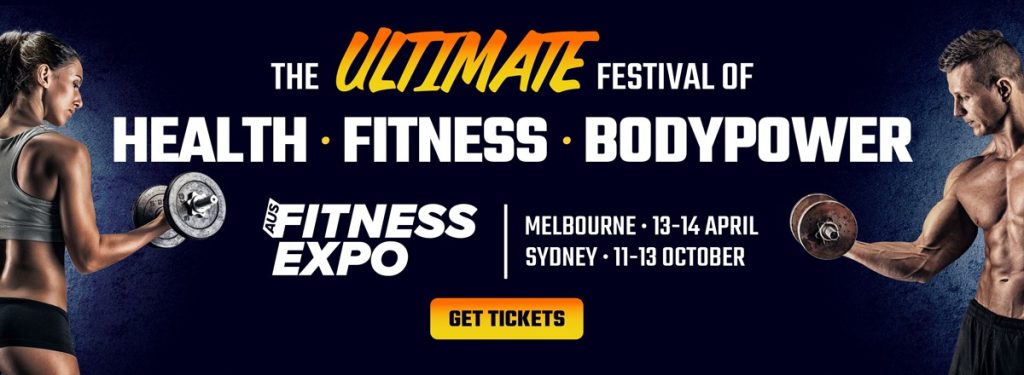Article by Holly Louise Fitness, Pharmacist and expert for Body Science
As a pharmacist, personal trainer and online coach, improving the health of my patients and clients is my priority. Using high quality supplementation alongside a balanced diet is vital to ensure optimal nutrition status, regardless of activity levels and goals. One of the biggest issues I find with my both my clients and my customers in the pharmacy is that they do not consume nearly enough protein for their health or their goals. The importance of protein is significantly underestimate so let’s take a closer look as to how you can improve your well-being and results!
WHAT IS PROTEIN?
Proteins do a whole lot more than you think! They are the primary building blocks of our bodies. They are used to build tissues like muscle, tendons, organs, and skin, as well as many other molecules that are essential to life such as hormones, enzymes, and various brain chemicals. Proteins are comprised of smaller molecules known as amino acids, 12 non-essential which our bodies produce, and 9 essential amino acids which we must get from the food we eat.
WHAT ARE THE BENEFITS OF PROTEIN?
Numerous studies have shown that a high protein diet has major benefits for muscle gain, fat loss and metabolic health. Without enough diverse protein food sources in your diet, you risk becoming deficient in certain amino acids which can result in low energy, difficulty building lean muscle, low concentration and memory, mood swings, unstable blood sugar levels and trouble maintaining or losing weight. Here are just a few benefits:
1. Makes dieting easier
Out of the three macronutrients (protein, carbs and fat), protein has been proven to be the most satiating. A high protein diet reduces hunger, resulting in fewer calories being consumed. This is caused by improved function of weight regulating hormones, leading to less mood disturbance, stress, fatigue, and diet dissatisfaction than lower protein diets and improved dietary compliance[1].
2. Assists in building lean muscle
Muscle is made primarily of protein and therefore it is the “building block” of muscle. Without enough of it, your body can not build muscle. Muscle growth relies on adequate protein being available and this is itself reliant on the balance between protein intake, protein breakdown and protein synthesis; often referred to as protein balance. We need to ensure that protein intake and synthesis is higher than protein breakdown to achieve a positive balance and for subsequent muscle growth to occur. Combining weight training with adequate protein will result in optimal muscle gain.
3. Improves your body composition
Eating a sufficient amount of protein on a daily basis is the key dietary factor in assisting your body to preserve your muscle and burn fat instead while dieting. By retaining or building more lean muscle your body becomes more effective at burning fat, even while you rest!
HOW MUCH SHOULD I EAT?
The consensus of research has shown that consuming 1.8-2.7g per kilogram of bodyweight (0.8-1.2g/lb) is sufficient for both building muscle in a calorie surplus and retaining muscle during a dieting phase. Leaner individuals should opt for the higher end of the range while those with higher body fat should aim for the lower end.
Consuming your daily protein target spread evenly across 4-6 meals will produce the most optimal results in terms of stimulating muscle protein synthesis. However, making a conscious effort to add a protein source to each meal is a great starting point.
WHAT ARE THE BEST SOURCES?
The amount of protein we eat every day is the primary factor which determines if our body is getting enough essential amino acids, however, the quality of the protein we eat is also important.
Proteins from animal sources are favourable because they contain all of the 9 essential amino acids. Vegetarians and vegans can still met their protein requirements with strategic meal planning and combining certain plant-based proteins like rice and pea protein. The following are suggestions of high quality protein sources:
- Dairy: cheese, milk, greek yoghurt, high quality whey protein powder such as Body Science Hydroxyburn Lean5 protein
- Meat and poultry: chicken, turkey, beef, ham, fish, pork, seafood
- Beans and legumes: beans, lentils, tofu, tempeh, soybeans, chickpeas, falafel
- Other: eggs, nuts and nut butters, high quality plant protein formula such as Body Science Organic Plant Protein, protein bars such as Body Science High Protein Low Carb bars.
I have found that implementing daily protein targets alone for my clients has produced some amazing results. If you are looking to transform your body or even to just improve your health and vitality – then adding protein to your diet should be your first step!
Reference
[1] Weigle DS, Breen PA, Matthys CC, Callahan HS, Meeuws KE, Burden VR, Purnell JQ. A high-protein diet induces sustained reductions in appetite, ad libitum caloric intake, and body weight despite compensatory changes in diurnal plasma leptin and ghrelin concentrations. Am J Clin Nutr. 2005 Jul;82(1):41-8.

